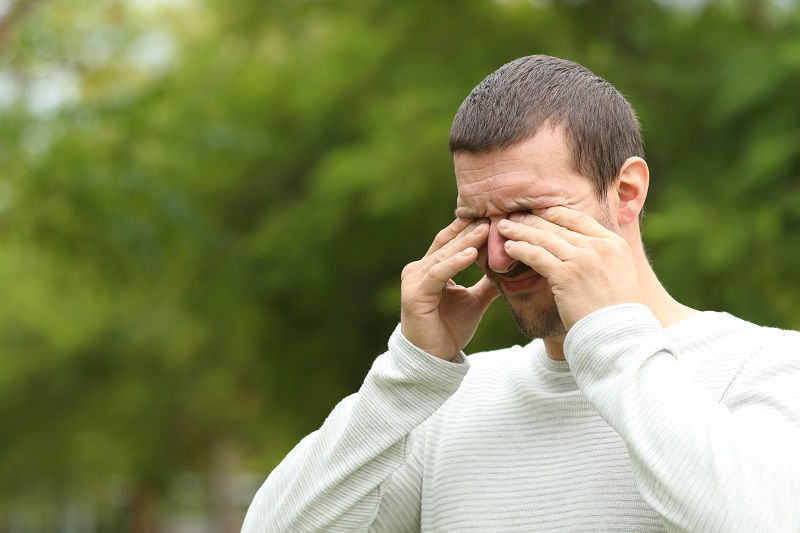Are you always looking for ways to avoid allergy symptoms? Allergy symptoms are the worst, so it makes sense that you’re looking for ways to avoid allergy symptoms. Here are 11 simple tips to help.
- Watch pollen counts. If you are allergic to pollen, grass, or other similar allergens, keep an eye on pollen counts. Many weather websites and apps include the pollen count. On days with high pollen counts, avoid spending time outdoors whenever possible.
- Wear a mask. If you do need to spend time outside on a day with a high pollen count, wear a dust mask with a pollen filter. This can help to limit how much pollen you breathe in. In addition, try to avoid spots where pollen can accumulate, such as flower beds and grassy areas.
- Change your clothes. When you come inside, change your clothing and wash any clothes that could have pollen or grass on them. It can also be helpful to shower or take a bath, especially before bedtime, so you wash any pollen, dust, and other allergens out of your hair and off of your skin. You particularly don’t want to take those allergens to bed, get them all over your bedding, and spend all night with them!
- Keep your windows closed. On days with high pollen counts, keep your windows closed on your house and your car. This can help to limit how much pollen, dust, and grass make it into your home and car, thus reducing your exposure to allergens and helping to avoid symptoms. Using an air purifier in your home can also help to keep the air clean and avoid allergy symptoms.
- Avoid eczema triggers. If you have eczema, avoid common triggers like extreme temperatures, fragrances, dust mites, and certain fabrics. These can all trigger eczema and hives.
- Use products formulated for eczema-prone skin. It is worth it to invest in bath and skincare products that are formulated for eczema-prone skin. As a general rule, avoid skincare, bath, and laundry products that have added fragrances or dyes. Apply lotion to your skin after bathing while your skin is still damp.
- Avoid habits that dry your skin. If you have eczema, take steps to ensure that your skin does not become dry. This includes avoiding hot showers and baths, which can strip the natural oils from your skin. You should also limit the time you spend in the shower or bath, and use a humidifier afterward to keep moisture in the air.
- Wear light-colored clothing outdoors. If you are going to spend time in the sun, wear light-colored clothing with long sleeves and pants. This is also good practice when spending time in high-risk areas like places with flowering plants.
- Read food labels. If you have food allergies, be sure to read food labels carefully and avoid any ingredients you are allergic to. Be careful to only buy food from trusted sources that are free of allergens.
- Avoid cross-contamination. Avoid going places where you could be exposed to food allergens. Cross-contamination can happen and can result in allergy symptoms.
- Be prepared with allergy medication. No matter what type of allergies you have, carry allergy medication (or epinephrine) with you. This can help you manage allergy symptoms even in situations when you do not expect to encounter allergens.
For more information about how you can avoid allergy symptoms and manage them, please contact us today at West River ENT & Allergy. We are eager to care for you.




